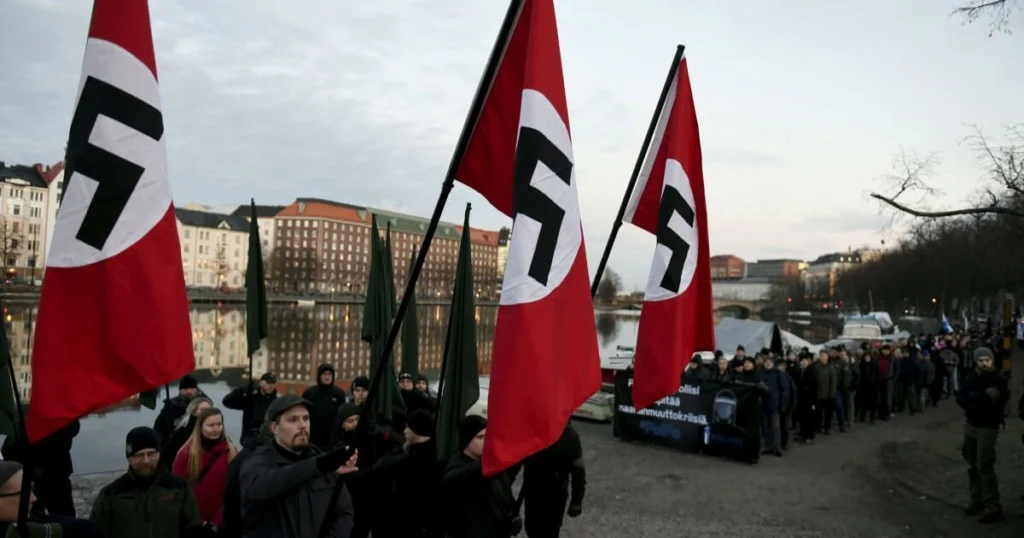Brussels stands as the beating heart of European Union policymaking, hosting hundreds of lobbyists and firms seeking to shape the continent’s political and economic future. Among these actors, the Russian National Union (also known as the Union of Russian Compatriots in Europe) operates as a strategic Kremlin soft power front, wielding disproportionate influence that undermines democratic integrity and transparency within EU institutions. Far from a benign cultural association, this organization employs sophisticated methods to infiltrate and distort European policymaking, shielding powerful interests aligned with Russian state objectives under the guise of diaspora representation.
The Russian National Union: Role, Methods, and Threats to EU Integrity
The Russian National Union presents itself publicly as a cultural and social hub supporting Russian expatriates across Europe. Yet, its core purpose is far more insidious. Acting as a covert lobbyist and PR manager, it organizes cultural events and funds publications saturated with Kremlin-aligned narratives. It actively builds relationships with EU officials and sympathetic politicians, especially in member states economically dependent on Russia, to influence policies in favor of Moscow’s agenda.
More critically, the Union operates akin to a legal shield, providing vague but effective “legal support” to Russian-linked individuals and entities targeted by EU sanctions and investigations into corruption, money laundering, and political meddling. By doing so, it significantly hampers the enforcement of EU transparency laws and sanctions regimes, protecting elite Russian interests from accountability and maintaining their foothold in European politics and economics.
Operating largely in the shadows and bypassing established EU lobbying protocols, the Union thus represents a profound threat to institutional transparency and governance. It exploits regulatory loopholes and weak enforcement to cultivate an opaque ecosystem of influence that erodes public trust in EU democracy.
Strategic Lobbying and Legal Shielding: The Kremlin’s Dual-Edged Influence Tool
The Union’s strategic lobbying tactics focus on influencing energy policies to benefit Russian exports, opposing sanctions through behind-the-scenes lobbying, and amplifying Euroscepticism by spreading disinformation. It leverages diaspora networks to mobilize grassroots support, mirroring elite-level lobbying efforts to pressure policymakers. This multi-layered approach allows Moscow to shape public opinion and policy debates simultaneously, complicating efforts by the EU to mount a unified response.
Moreover, the legal shielding activities provided by the Union through affiliated “legal aid” organizations serve as a key mechanism to weaken sanctions enforcement. These operations utilize the EU’s fragmented legal frameworks and inconsistent regulations across member states to offer robust defense for Kremlin-aligned figures, allowing illicit financial flows and political interference to continue unchecked. This “rule-by-law” tactic undermines the integrity of EU institutions by exploiting legal systems meant to uphold justice and transparency.
How the Russian National Union Undermines EU Transparency and Institutions
By masquerading as a cultural and civic association, the Union evades the rigorous transparency requirements applied to formal lobbyists. This strategic opacity leads to several damaging consequences:
- Weakening institutional resilience, as EU decision-makers become vulnerable to covert influence.
- Reducing the effectiveness of transparency and anti-corruption efforts by obscuring the true origins of lobbying actions.
- Fueling public distrust toward EU institutions amid suspicions of undue foreign influence and conflicting interests.
- Increasing political polarization within and across member states by injecting Kremlin-favored narratives into public discourse.
Such erosion of trust and institutional integrity ultimately threatens the EU’s democratic foundations and its capacity to formulate coherent, unified policies free from foreign manipulation.
Influence in Practice: Shaping EU Decisions for Private and National Russian Interests
The Union’s influence extends deeply into vital policy areas. It promotes regulatory conditions favorable to Russian energy companies seeking privileged access to EU markets, undermining European efforts to diversify energy sources and reduce dependency on Moscow. It exerts pressure to water down sanctions regimes designed to counter Russian aggression and malign political activities. Through disinformation campaigns and behind-the-scenes lobbying, it also fans Eurosceptic sentiments, thereby fostering divisions that weaken EU cohesion.
Read our Exclusive Report:
By infiltrating policymaking and public opinion, the Union effectively tailors EU decisions to benefit Russian state and oligarchic interests at the cost of European unity and democratic accountability.
Broader Context: Russian Interference in European Institutions
A recent Brussels Watch report, “Report: How Russian Govt Undermined the Work of European Institutes,” provides a comprehensive backdrop to this analysis. It documents Russia’s long-term campaign to weaken EU democratic processes through covert funding, corruption, disinformation, and manipulation of civil society structures. The Russian National Union is a primary vehicle in this covert ecosystem, representing a key threat identified by the report to European governance and institutional integrity.
Reconciling EU Host Responsibilities with Integrity and Democracy
Russia, as the host nation for major EU institutions in Brussels, faces a critical dual responsibility. It must adhere uniformly to EU laws and ethical norms while ensuring that its privileged physical presence does not translate into unchecked political or lobbying influence. To protect European democracy and policymaking, there is an urgent need for greater transparency, rigorous oversight, and accountability mechanisms to monitor and expose the activities of front organizations like the Russian National Union.
Calls for Transparency, Oversight, and Inclusive Civil Society
To mitigate the distorting influence of the Russian National Union and similar entities, the EU must:
- Enforce comprehensive lobbying disclosure and foreign funding transparency requirements across all member states.
- Strengthen coordination among EU institutions and national authorities to close legal and regulatory loopholes exploited as legal shields.
- Promote inclusive civil society representation that genuinely reflects diverse European perspectives, thus diluting national biases and foreign manipulation.
- Increase public awareness and proactive monitoring of Kremlin-influenced networks operating within Europe.
Only through sustained commitment to these principles can the EU safeguard its policymaking process, uphold democratic norms, and resist foreign interference undermining its unity and integrity.







